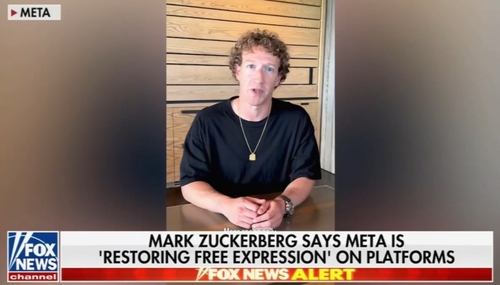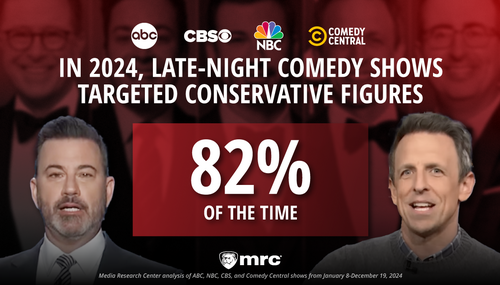 The Sports Illustrated headline said it all: "When Faith and Football Teamed Up Against American Democracy." What did those toxically masculine Christians do now? Well, high school football coach Joe Kennedy knelt in prayer on the filed after game. He got fired and he sued. The Supreme Court is going to issue a ruling in the case.
The Sports Illustrated headline said it all: "When Faith and Football Teamed Up Against American Democracy." What did those toxically masculine Christians do now? Well, high school football coach Joe Kennedy knelt in prayer on the filed after game. He got fired and he sued. The Supreme Court is going to issue a ruling in the case.
SI’s Greg Bishop also claimed Kennedy’s ongoing legal cause demonstrates the “further erosion of the separation between church and state.”
Kennedy’s story began in October 2015 after a Bremerton High School game had ended. The assistant coach went to mid-field and knelt down to pray, as was his custom. But everything changed that night, Bishop writes. Members of his team and fans hurried onto the field to be with him. News reporters were there, too, to cover what the ACLU has railed about for years – the non-existent separation of church and state.
For the previous six weeks, Coach K’s prayers had ignited controversy from lefties unwilling to tolerate a man’s right to pray. His government school employers wanted the prayers to stop, leading to an ongoing conflict that included his termination. First Liberty, a conservative Christian legal firm, had already come to his aid to provide protection for his religious freedom. There were lower-court losses leading to the U.S. Supreme Court.
Bishop accused Kennedy of trying to create attention and gain sympathetic supporters. “His opponents argue he got exactly what he wanted, and skeptics describe his framework as convenient, nifty bits of PR spin.”
Coach Kennedy’s legal case (Bishop calls it a “circus” and a “political brawl”) is now in its seventh year. It has also “widened into a culture-war cudgel” and that is now case No. 21-418 at SCOTUS.
All of this started during the Obama years, when the former president waged the worst attacks on religious freedom in U.S. history. Bishop insists that Kennedy symbolizes a “religious movement that’s surging with momentum … a powerful right-wing machine many say is employing a timeless division tactic: us vs. Them." Supporters say he is a symbol for religious freedom. (The First Amendment actually guarantees Kennedy’s right to pray, though Bishop describes this as an attack on democracy and an act of defiance).:
To them, he’s a hero, David slaying an anti-faith Goliath. To others, he’s a sledgehammer aimed at a bedrock of democracy: the separation of church and state.
Sports Illustrated also relates how the Bremerton school district lawyer/president and CEO of Americans United for Separation of Church and State, Rachel Laser, is “terrified” because the Kennedy case placed her in “alternate universe of disinformation and propaganda — and, in that world, even democracy is in danger.”
Additionally, Sports Illustrated interviewed three attorneys who consider a coach who prays “as perilous to foundational American ideals … ” Bishop claims that Kennedy’s opponents are clinging to the Constitution, though the phrase “separation of church and state” appears nowhere in the document. These “white Christian nationalists” are desperately trying to hang on to a country that no longer exists, one that failed to elect a black president until 2008.
A reinvigorated Christian conservative base owes its revival mostly to Donald Trump’s presidency, along with “his proposed Muslim ban and anti-immigration stances, his border wall and inciting rhetoric; and his appointments of religious conservatives to the judiciary’s most powerful positions,” Bishop wails.
Laser tells SI the “white Christian nationalists” are engaging in a disinformation campaign because they “are willing to destroy our democracy to achieve their ends.” That includes the desire to overturn Roe v. Wade. Kennedy is merely their pawn, she alleges.
If anyone is engaging in disinformation, it’s the man Bishop sees in the mirror.
Kennedy told NBC News “I was just doing the free exercise of my religion and wasn’t going to go hide it because I work for the government. No one in America should have to hide who they are or that they have faith.”
Oral arguments at the high court took place in April. The New York Post reported a Supreme Court decision on Kennedy is expected before the end of the current term, this summer.





